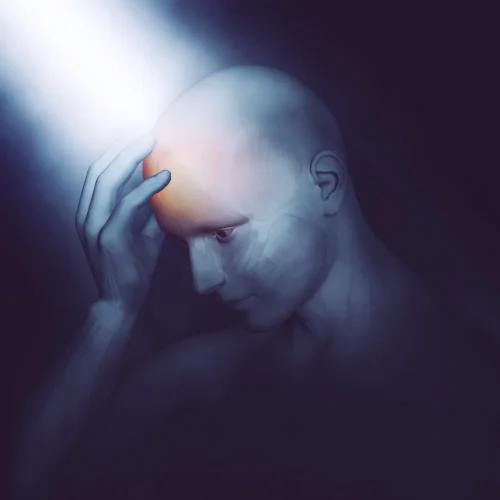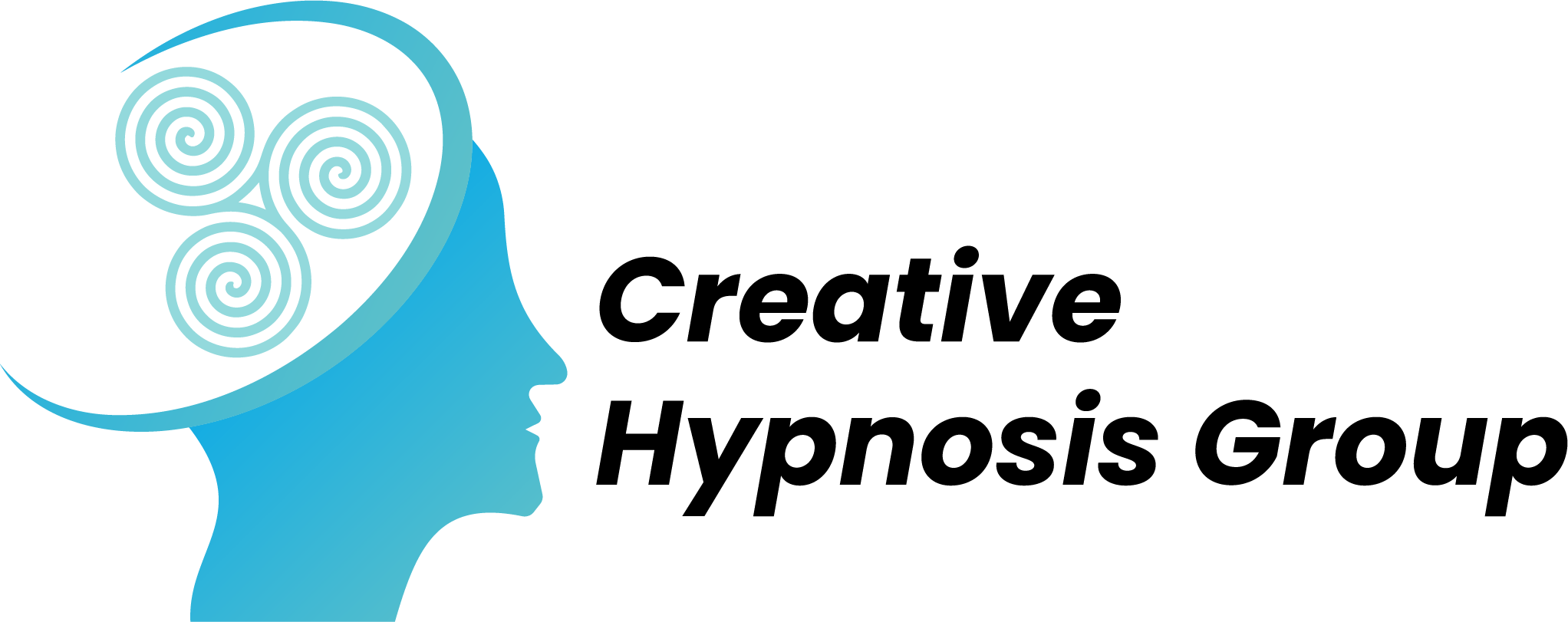Group Therapy
Post Traumatic Stress (PTS or PTSD)


Hypnosis for PTSD: Gentle Trauma Healing That Lasts
Post-Traumatic Stress (PTS) , is a condition that may occur after experiencing or witnessing some life-threatening event such as military combat, natural disasters, terrorist incidents or mass shootings, serious accidents, or violent personal assaults like rape, child abuse, or home invasion or emotional assaults like divorce, or sudden loss of a family member or loved one. Many people who experience these traumas are able to return to a normal life after a period of healing. However, there are many other people who develop a serious stress reaction that will not go away on its own and may even get worse over time, affecting their daily lives and relationships.
Many people say that they are literally haunted by the memories of traumatic experiences which disrupt their everyday activities. This condition affects family, friends and other loved ones. Living with someone who has been diagnosed with PTS can be stressful and anxiety provoking and can actually cause secondary PTS.
An estimated 7.8 percent of Americans experience PTS at some point in their lives. Women (10.4%) are affected almost twice as much as men (5%). About 3.6 percent of U.S. adults aged 18 to 54 have PTS during the course of a given year.
War is also an important risk factor because it is proven that, about 30 percent of men and women who have spent time in war zones experience PTS. More than half of all male Vietnam veterans and almost half of all female Vietnam veterans have experienced PTS.
Symptoms of PTS:
1. “Reliving” the event, which disturbs day-to-day activity
- Flashback episodes, where the event seems to be happening again and again
- Repeated upsetting memories of the event
- Repeated nightmares of the event
- Strong, uncomfortable reactions to situations that remind you of the event
2. Avoidance
- Emotional “numbing,” or feeling as though you don’t care about anything
- Feeling detached
- Being unable to remember important aspects of the trauma
- Having a lack of interest in normal activities
- Showing less of your moods
- Avoiding places, people, or thoughts that remind you of the event
- Feeling like you have no future

3. Arousal
- Difficulty concentrating
- Startling easily
- Having an exaggerated response to things that startle you
- Feeling more aware (hypervigilance)
- Feeling irritable or having outbursts of anger
- Having trouble falling or staying asleep
You might feel guilt about the event (including “survivor guilt”). You might also have some of the following symptoms, which are typical of anxiety, stress, and tension:
- Agitation or excitability
- Dizziness
- Fainting
- Feeling your heart beat in your chest
- Headache
Creative Hypnosis specializes in trauma hypnotherapy with adults and children and a specialized technique called Holographic Memory Resolution ® to help these individuals find peace and normalcy.
Tele Health
Zoom, FaceTime or Phone
BY PHONE
(203) 565-6495
